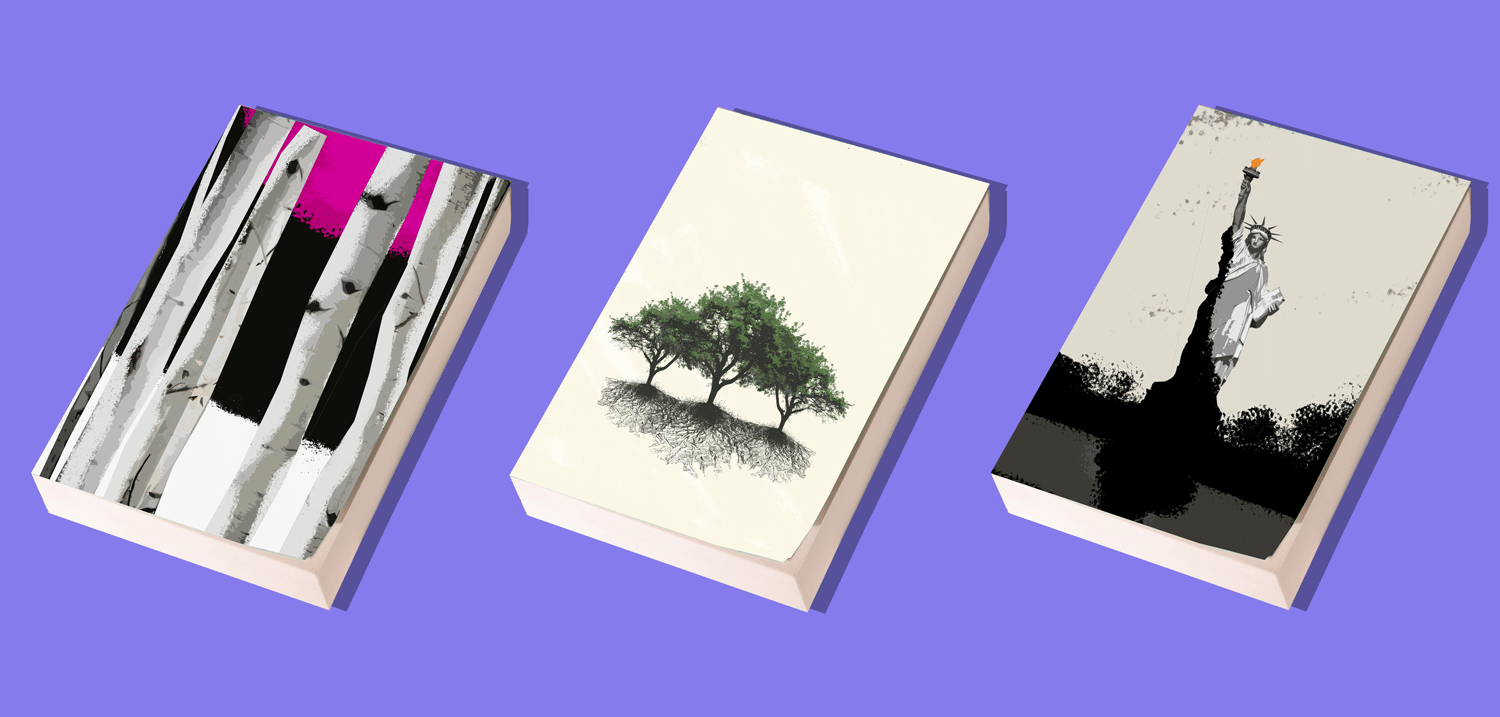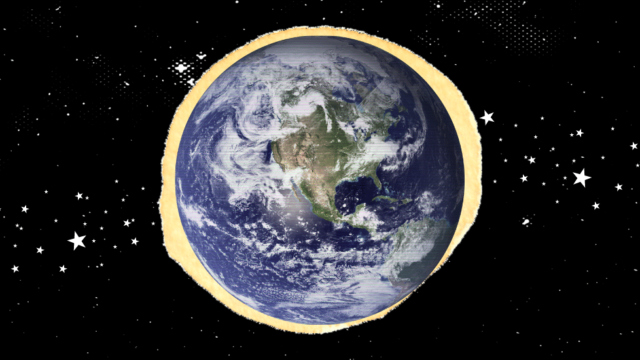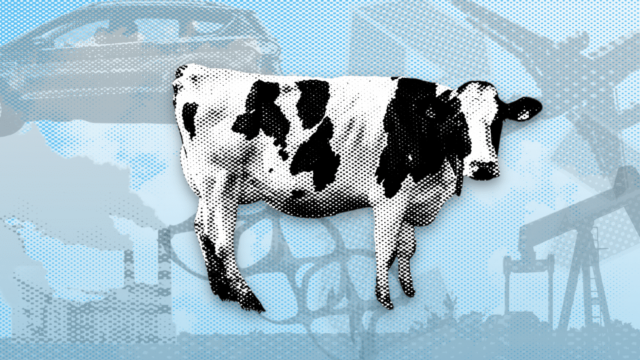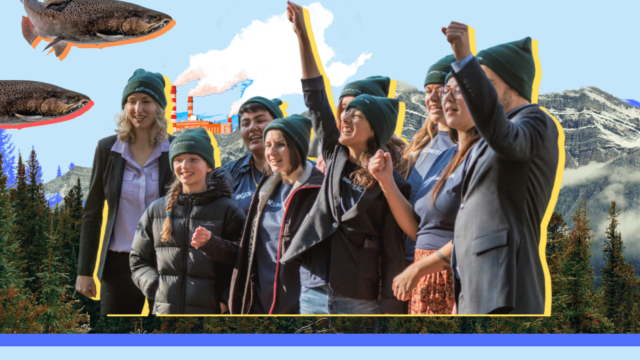Heading into the long weekend, we here at Ecojustice hope you’ll be able to enjoy some downtime and connect with nature however you can. Maybe you even fancy bringing an environmental book with you — in which case, we’ve got you covered. From fiction to non-fiction, short reads to long, the Ecojustice bookworms have gathered a list of recommendations for anyone who wants to learn more about the world around them.
To kick things off, with no fewer than four staff nominations, guess which New York Times bestseller is our top pick for your summer read?
Braiding Sweetgrass, by Robin Wall Kimmerer
“This is a starting point, not an ending… but for anyone interested in exploring how Indigenous and Western knowledge systems can be woven together to address the challenges facing today’s world, this is a must-read.”
Anna McIntosh, staff lawyer
“Some books make you laugh and cry. Some cause you to exclaim out loud, ‘hummmmm!’ And some have the power to transform. Braiding Sweetgrass gave me all these feels.”
Eric Wright, communications manager
“It also highlights the need to decolonize Western understandings and approaches to relating to the land, while at the same time making space for and supporting Indigenous Peoples in stewarding their lands in accordance with their own laws, protocols and ways of knowing.”
Melissa Gorrie, law reform manager
“It does a compelling job of bridging the gap between settler science and Indigenous ways of knowing and being, which is the paradigm shift we need to build reciprocal relationships with the rest of the living world!”
Melanie Snow, legislative affairs specialist
Five Little Indians, Michelle Good
“While not an environmental book, I just finished Five Little Indians and really recommend it. It’s about life for five people after residential school. It has interconnected stories that include both very intense portrayals of trauma during and after the schools, with also some very powerful stories of survival and hope. The author’s note says she wanted to offer a safe space for readers to step into the survivors’ world. I think she does that really well — it provides great insight with great storytelling.”
Devon Page, executive director
The Hidden Life of Trees, Peter Wohlleben
“I haven’t finished it yet, but so far what I like about it is how he starts the book off by sort of admitting his own ignorance. Then he dives into these incredible facts that make you want to tap someone near you on the shoulder and be like, ‘Did you know this?’”
Jessica Reynen, digital systems strategist

Blowout, Rachel Maddow
“I read it in 2019 when it was published, but the subject matter feels more relevant than ever: Russian and American politics entangled with the fossil fuel industry’s booms and busts, the ‘resource curse’, and fracked gas. It’s a dense, revealing read.”
Marlie Whittle, associate director of philanthropy
Grass, Sky, Song, Trevor Harriot
“A breathtaking, heartbreaking ode to the subtle beauty of grasslands.”
Laura Bowman, lawyer
All We Can Save, Dr Ayana Elizabeth Johnson and Katharine Wilkinson
“The contributors are all women from various walks of life, all talking about tools and strategies for fighting the climate crisis. It’s sad but it’s also optimistic and determined, and showcases so many different avenues to address the crisis. It’s heartening to see people working at the national level on changing agricultural practices and litigating against climate change, but also at the community-level on environmental justice and community-first solutions to hurricanes and rising water levels.
It’s a really lovely read!”
Isabel McMurray, law student
How to Talk to the Science Denier, Lee McIntyre
“I read this a few months ago, and much of it is repetitive so I found it worth skimming sections of interest. As a scientist, misinformation and outright denial of facts and science is sacrilegious to me, so trying to understand the reasoning behind this increasing phenomenon is fascinating!”
Liat Podolsky, senior scientist
Do Glaciers Listen, Julie Cruikshank
“A fantastic book about Indigenous teachings and oral traditions cross referenced with Western science about the happenings of glaciers.”
Simone Williamson, marketing and engagement specialist

Environmentalism of the Rich, Peter Dauvergne
“As one of his former students, I owe a lot of what I learnt about environmentalism to Peter Dauvergne. In this book Dauvergne highlights the contradictions of a side of the environmental movement that increasingly caters to corporate interests and demands of market expansion under a veneer of ‘sustainability’. As such, it is an in-depth critical critique of the rich side of the environmental movement, one that promotes ‘green’ consumption and growth to consumers while conveniently evading the ecological problems this causes.”
Sherif Ashour, donor relations associate
Fresh Banana Leaves, Jessica Hernandez
“Jessica Hernandez is an international Indigenous scientist from El Salvador and I caught a presentation she gave at the University of Toronto in March. I’m interested in learning more about her discussions of Indigenous-led conservation — the book was just released on Audible so I’m listening to it on there while I’m on the subway and running!”
Megan Davies, grant writer





